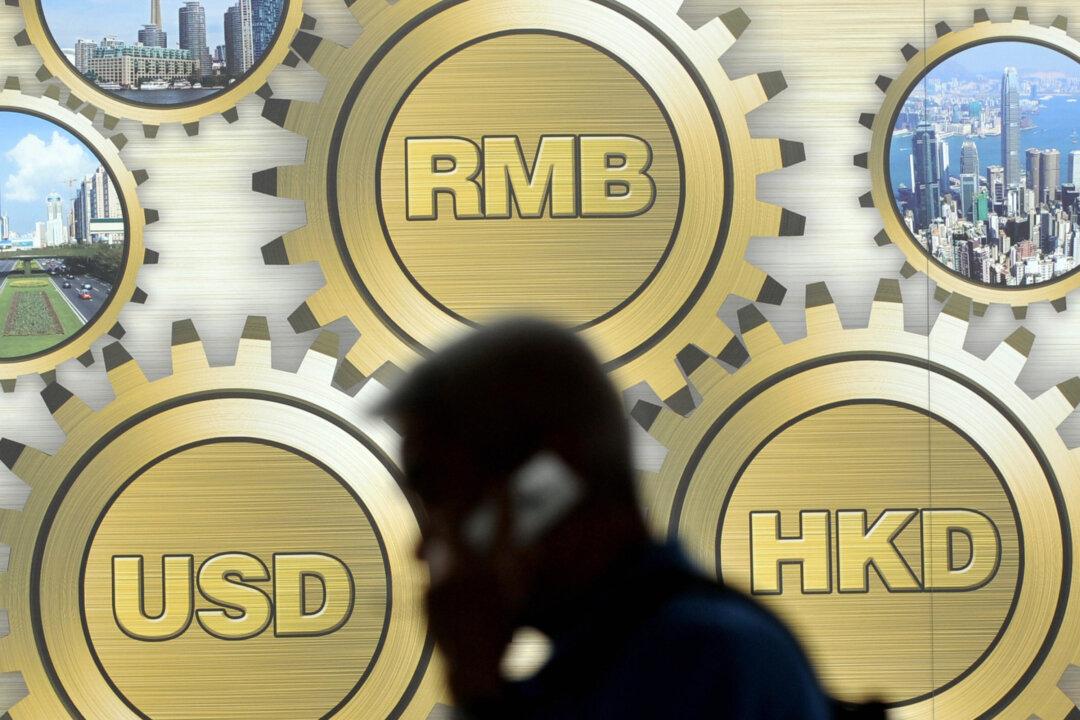News Analysis
China’s Ministry of Public Security is cracking down on illegal money operations with economic experts believing the move is largely intended to stem the flow of capital out of the country.

China’s Ministry of Public Security is cracking down on illegal money operations with economic experts believing the move is largely intended to stem the flow of capital out of the country.